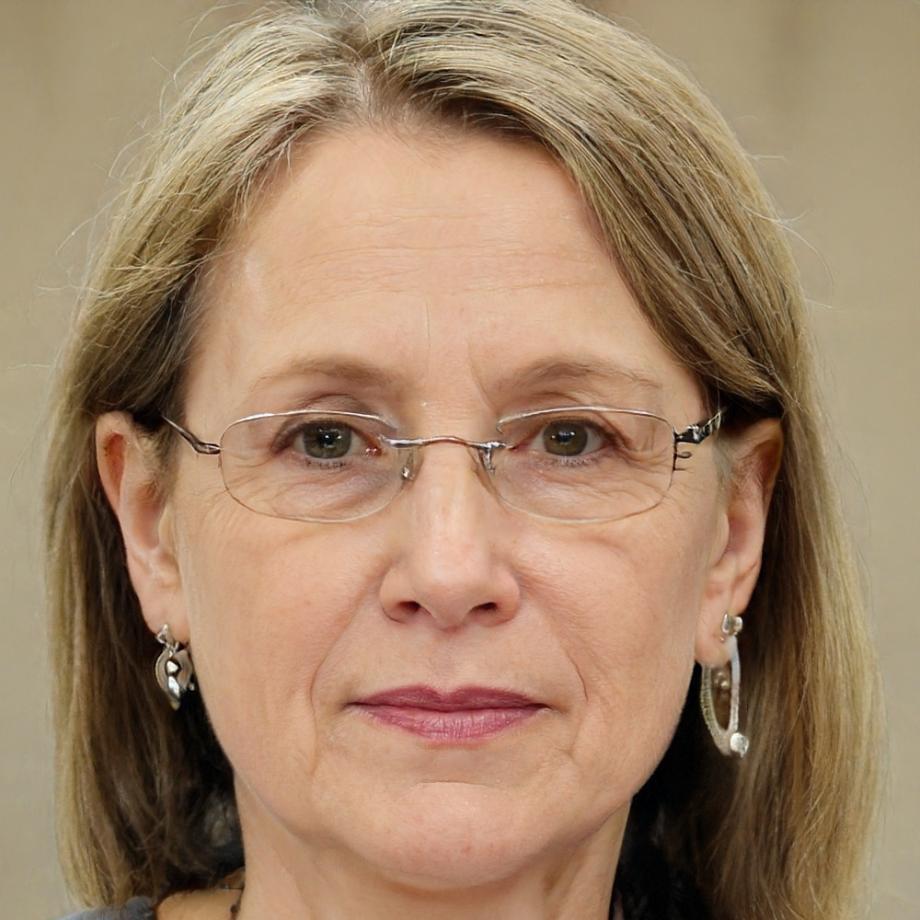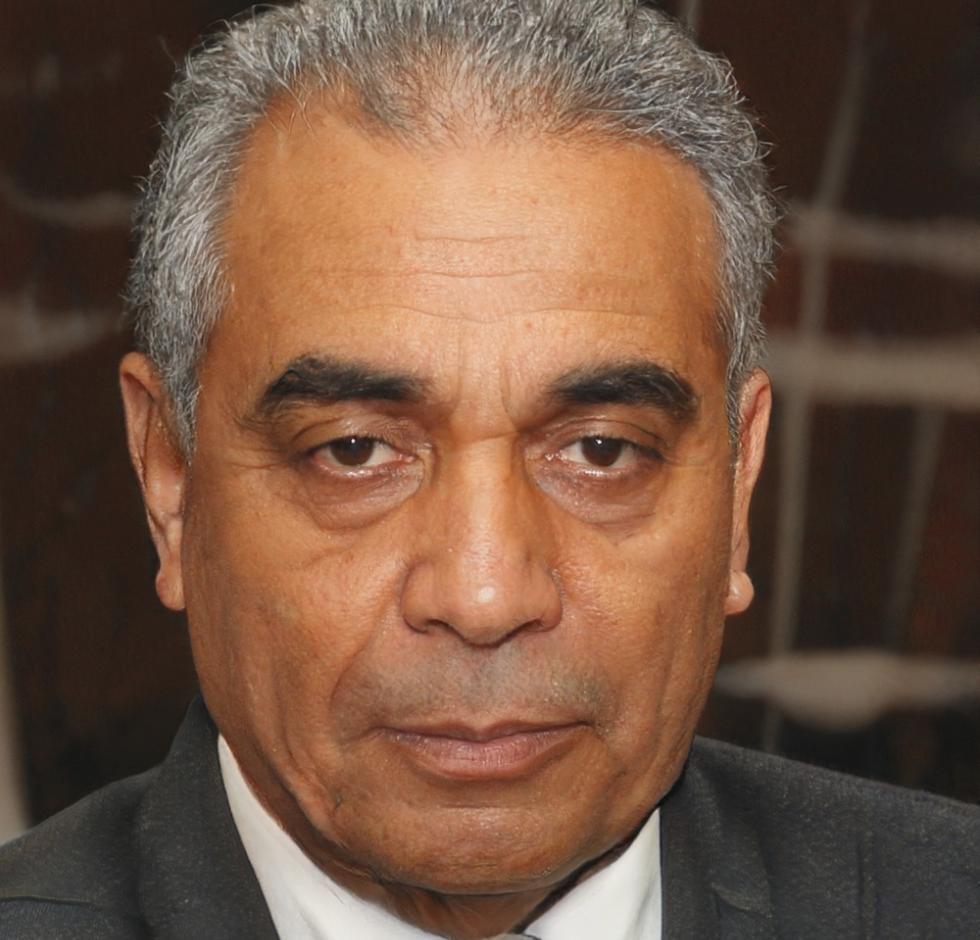Financial Confidence Through Practical Learning
Real budgeting skills for Australians who want to take control without feeling overwhelmed. We focus on what actually works in your daily life—not textbook theory that falls apart on payday.
How The Program Unfolds
We built this around how people actually learn about money—through real situations, not spreadsheets. Each phase connects to the next, so you're building capability week by week.
Foundation Phase
Weeks 1-4Start by understanding where your money actually goes. Most people guess wrong, which makes budgeting harder than it needs to be. We track spending patterns together and spot the leaks you didn't know existed.
- Map your current spending reality (often surprising)
- Identify fixed vs flexible expenses
- Set up tracking systems that don't require daily maintenance
- Learn why "I'll just spend less" never works
Building Your Framework
Weeks 5-9This is where you create a budget that fits your life—not someone else's template. We work through irregular income, seasonal expenses, and those "forgot about that" bills that derail good intentions.
- Design allocation systems for your specific situation
- Handle variable income without panic
- Build buffers for the unexpected (which always happens)
- Practice real adjustment decisions with actual scenarios
Advanced Management
Weeks 10-14Now we get into the nuanced stuff—balancing competing priorities, managing household money when multiple people are involved, and making spending decisions that align with what matters to you.
- Navigate shared finances and different money styles
- Plan for larger purchases without derailing progress
- Adjust budgets when circumstances change
- Develop decision frameworks for tricky choices
Long-Term Sustainability
Weeks 15-18The final stretch focuses on maintaining what you've built. We address what happens when motivation wanes, how to recover from overspending, and ways to keep improving without making budgeting your entire personality.
- Create maintenance routines that stick
- Troubleshoot common relapse patterns
- Plan annual reviews and adjustments
- Connect with ongoing peer support networks
What Participants Accomplish
These aren't theoretical outcomes—they're what people from previous cohorts reported six months after finishing. Results vary because everyone's situation is different.
Participants reported feeling more in control of their money situation
Median emergency fund accumulated within eight months
Continue tracking and managing expenses after program completion

Roderick Chenoweth
Came in drowning in subscription services he'd forgotten about. Turns out he was spending 0 monthly on things he barely used. The tracking phase alone saved him enough to start building an emergency fund.

Thessaly Murchison
Freelance income made budgeting feel impossible. The variable income strategies completely changed how she manages cash flow. Now she handles slow months without panic or credit card debt.
Learning Together Works Better
Money feels personal, but the challenges are pretty universal. Working through them with others who get it makes the whole process less isolating and more effective. You'll find people dealing with similar situations—and some who've already figured out what you're struggling with.
Weekly Group Sessions
Small cohorts of 12-15 people meet online every Tuesday evening. We work through scenarios together, share what's working (and what isn't), and problem-solve the stuff that comes up between sessions. The group format means you get multiple perspectives, not just one instructor's approach.
Peer Accountability Partners
You'll pair up with someone in your cohort for check-ins between sessions. This isn't about judgment—it's about having someone who understands when you're tempted to abandon your budget because your mates are going to Bali. Sometimes you just need someone to say "yeah, that's tough" who actually means it.
Ongoing Community Access
After the structured program ends, you keep access to the participant community. Former cohort members share updates, ask questions, and help newer participants. It's surprisingly useful to see how people handle budgeting challenges months or years down the track.
Hearing how other people handled the same situations I was stuck on made everything click. The instructor was helpful, but honestly, my accountability partner deserves most of the credit for keeping me going.
I almost didn't join because I was embarrassed about my financial situation. Turns out everyone feels that way at first. The group became the best part—you realize you're not uniquely bad at this.
The community aspect surprised me. I expected lectures and homework, but the peer discussions ended up being where I learned the most practical stuff. Still check the forum when I need a reality check.
Ready to Get Your Budget Under Control?
Our September 2025 cohort opens for enrollment in mid-June. Spots are limited to keep the groups small and effective. If you're tired of money stress and ready to actually do something about it, let's talk.
Get Program Details

